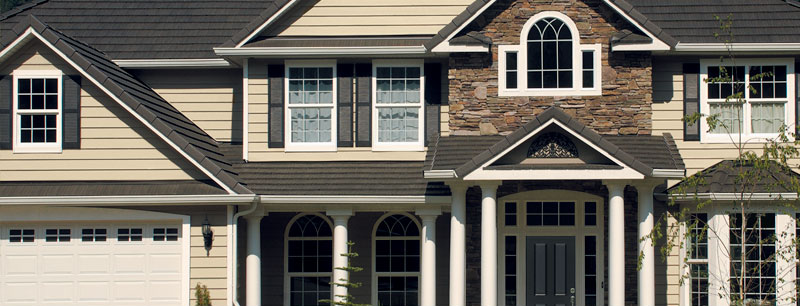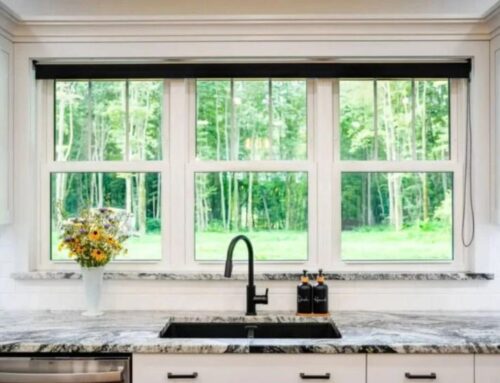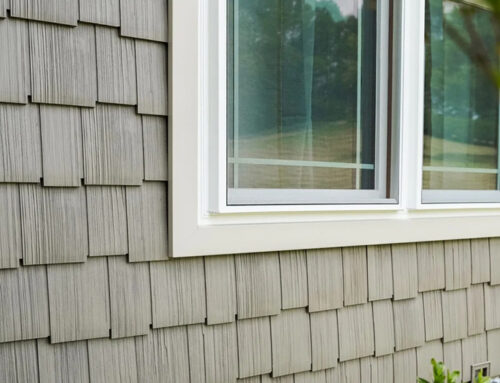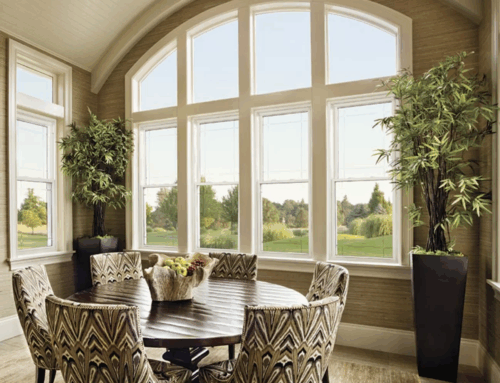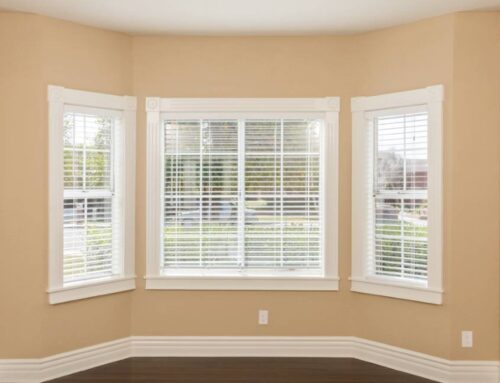Windows is crucial in shaping our homes’ comfort and energy efficiency. When it comes to maintaining a consistent temperature throughout the year, every homeowner knows the challenge of balancing warmth during winter and cool air during summer. Factors such as window placement, glass type, and insulation can significantly influence your home’s temperature control. For those considering energy-efficient solutions, replacement windows in Springfield, MO, offer a practical way to optimize indoor comfort while keeping energy costs in check.
At the heart of these decisions lies the understanding of how window design impacts your living environment. When making such choices, it’s essential to recognize windows’ role in regulating temperature, enhancing curb appeal, and supporting sustainability. Lifemark Bath & Home appreciates these intricacies and offers solutions that combine functionality, style, and efficiency. By understanding window options, homeowners can make informed decisions that enhance indoor comfort and contribute to energy savings and environmental sustainability.
Understanding the Basics of Thermal Transfer
Windows are more than just portals to the outside world; they are pivotal in a home’s thermal dynamics. Thermal transfer refers to how heat passes through your windows, which is primarily determined by factors such as the type of glazing used and the quality of window frames. Low-E glass, for instance, can minimize heat transfer by reflecting heat to its source, whether inside or outside your home. Additionally, the design of window frames whether made of vinyl, wood, or aluminum; acts as a barrier that influences thermal performance. By understanding these basic principles, homeowners can make choices contributing to a more stable and comfortable interior climate.
The Role of Window Orientation and Placement 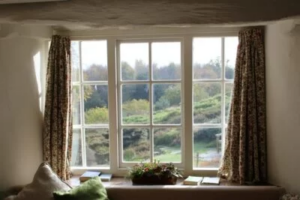
The placement and orientation of windows significantly affect a home’s temperature. Windows positioned to take advantage of natural light can reduce the need for artificial lighting and heating. South-facing windows, for example, capture more sunlight during the winter, warming the home naturally. Conversely, west-facing windows might require shading options like blinds or awnings to mitigate heat gain during the summer. The strategic placement of windows can thus optimize your home’s energy usage by harnessing natural heat while protecting against unwanted temperature fluctuations, which is vital for both comfort and energy savings.
Insulating Features and Their Benefits
Proper insulation is key to preventing unwanted air infiltration and exfiltration through windows. Features like double or triple-pane glass provide superior insulation by trapping air or inert gases between layers of glass. This creates an effective barrier against temperature extremes, maintaining a consistent indoor climate. Advanced window designs may also include insulated frames and low-conductivity spacers, further enhancing thermal performance. Utilizing windows with improved insulation properties ensures less reliance on HVAC systems, which can lead to substantial energy savings and a lower carbon footprint, promoting a more sustainable lifestyle.
Impact on Energy Efficiency and Cost Savings
Windows significantly influences a home’s energy efficiency. High-quality, energy-efficient windows can drastically reduce the need for heating and cooling systems, leading to lower utility bills. By reducing heat loss in winter and preventing heat gain in summer, energy-efficient windows help maintain a comfortable indoor environment throughout the year. Features like UV coatings can also reduce the fading of furniture and floors while keeping the indoor temperature well-regulated. The long-term savings on energy bills often offset the investment, making it a financially sound decision for homeowners prioritizing efficiency and sustainability in their home improvement plans.
Aesthetic Appeal and Value Addition
Beyond their functional attributes, windows play a role in defining the aesthetic appeal of a home. Well-designed windows can enhance the architectural character of a house, adding both beauty and value. Different window styles, from bay to casement to picture windows, offer distinct visual impressions and benefits regarding light and airflow. A sophisticated window choice elevates the exterior presentation and contributes to an inviting indoor atmosphere filled with natural light. In the real estate market, homes with modern, energy-efficient windows often sell for a premium, underscoring the added value of thoughtful window selection.
Investing in quality windows enhances your home’s comfort, energy efficiency, and aesthetic value. By understanding how window design impacts temperature control, you can make informed choices that benefit your household year-round. The right windows will improve your indoor climate and contribute to lower energy costs and a reduced environmental footprint. Lifemark Bath & Home offers expert advice and quality installations to meet your needs. For those ready to elevate their home’s efficiency, consider exploring replacement windows in Springfield, MO. Contact us for further information on how our solutions can lead to more comfortable and energy-saving living.


